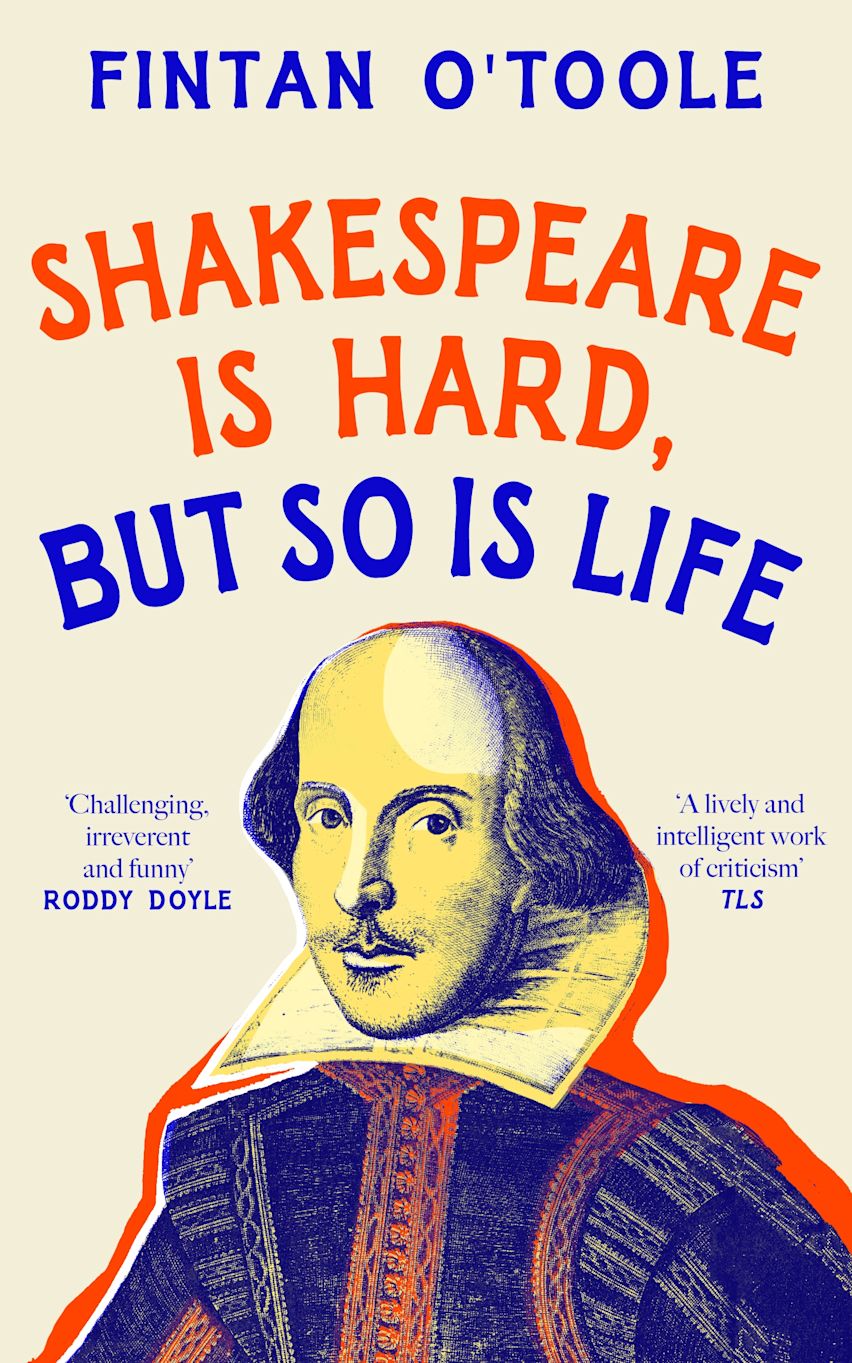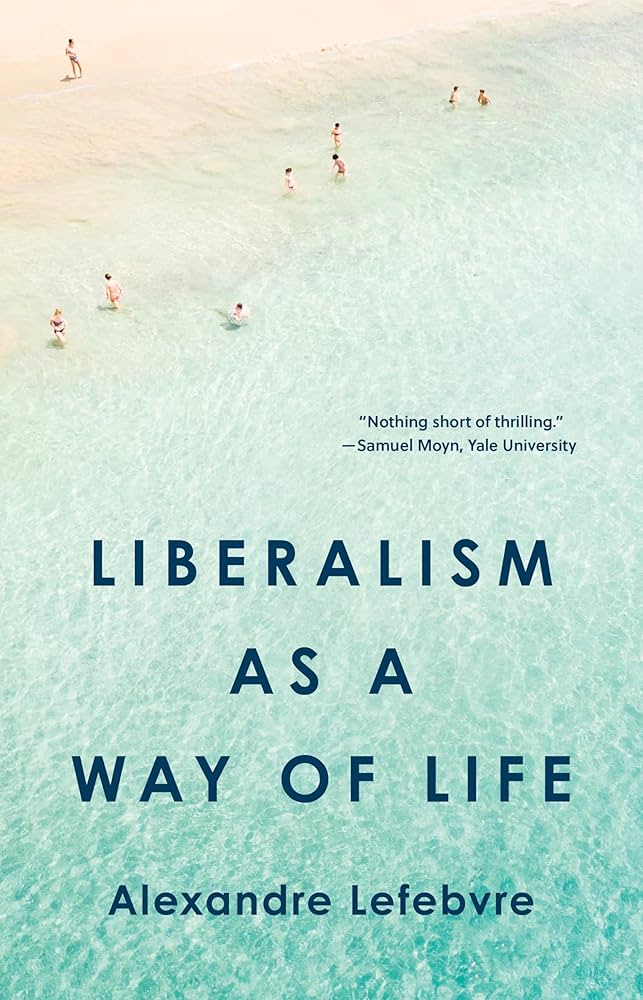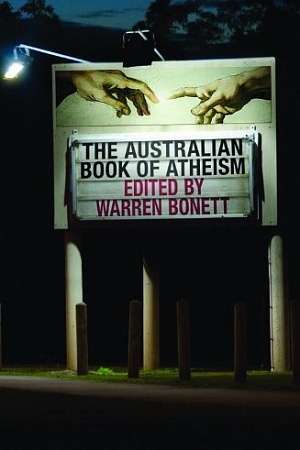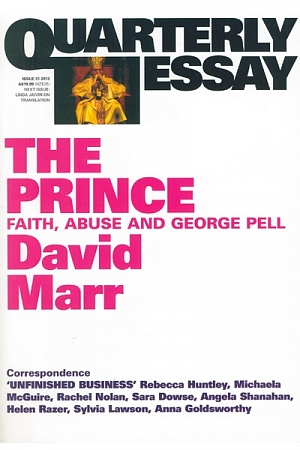Dostoevsky: Language, Faith and Fiction
Continuum, $55 hb, 290 pp
Hair’s breadth
A book with a title such as this one necessarily invites a question: is it going to be a theological work using examples from the stated body of fiction, or an exercise in literary criticism confined mainly to religious themes, just as other critics might focus their discussion on political or psychological issues? Most authors would of course protest against this crude ‘either/or’ proposition and assert that the strictly literary aspects of a novel, as distinct perhaps from non-fiction, are inseparable from any intellectual issues it might raise. Neither approach should play Christ to the other’s St Christopher.
However, when the author in question is the Archbishop of Canterbury and sometime Lady Margaret Professor of Divinity at Oxford University, one may be justified in expecting his interest in Dostoevsky to stem from a desire to vindicate or polemicise the novelist’s theological position. Rowan Williams certainly marvels at Dostoevsky’s stance in regard to matters of faith, but the subtlety of his insights and his meticulously text-based arguments (that is, Dostoevsky’s texts, not the church’s) reach a level beyond categorisation. Williams is passionately interested in this writer precisely because of Dostoevsky’s differences from, rather than conformity to, either conventional theology or conventional novel writing.
Continue reading for only $10 per month. Subscribe and gain full access to Australian Book Review. Already a subscriber? Sign in. If you need assistance, feel free to contact us.








